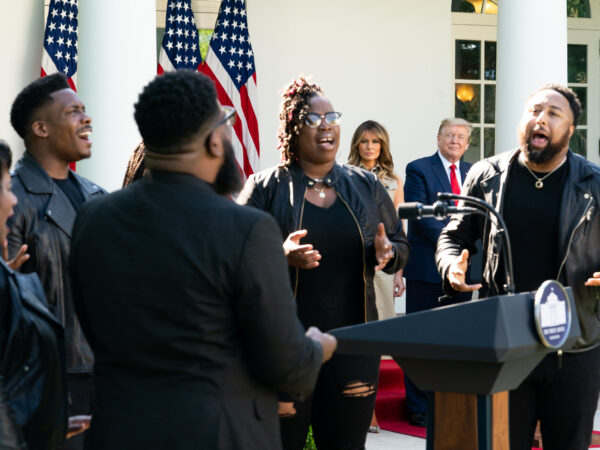Ekaputra Tupamahu
Ekaputra Tupamahu is an assistant professor of New Testament at Portland Seminary and George Fox University. He received his Ph.D. from Vanderbilt University in 2019. He earned a master’s degree and an M.Div. from Asia Pacific Theological Seminary, and master’s degrees from the Claremont School of Theology and Vanderbilt University. His current book project, entitled Contesting Languages: Heteroglossia and the Politics of Language in the Early Church, is under contract with Oxford University Press.

